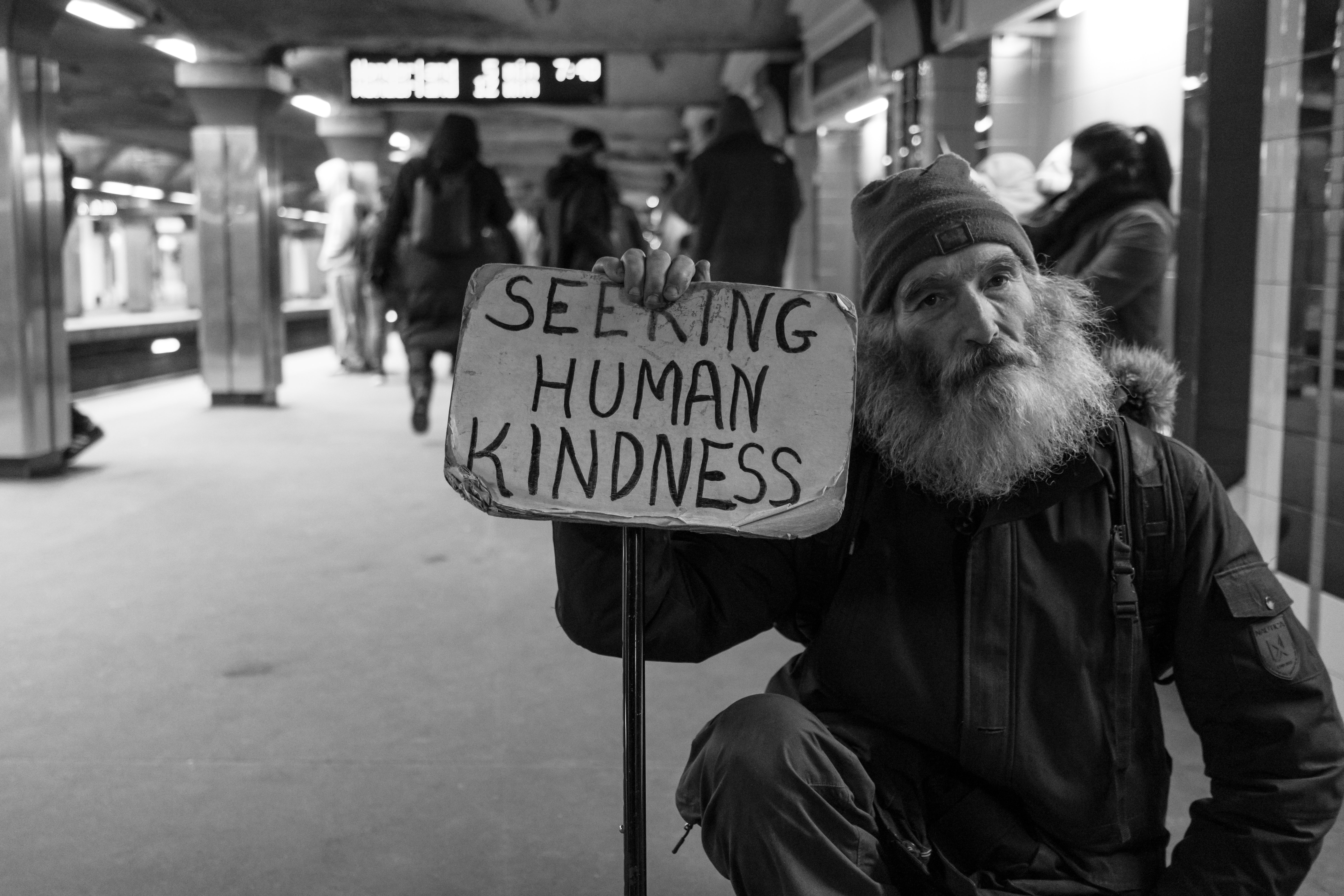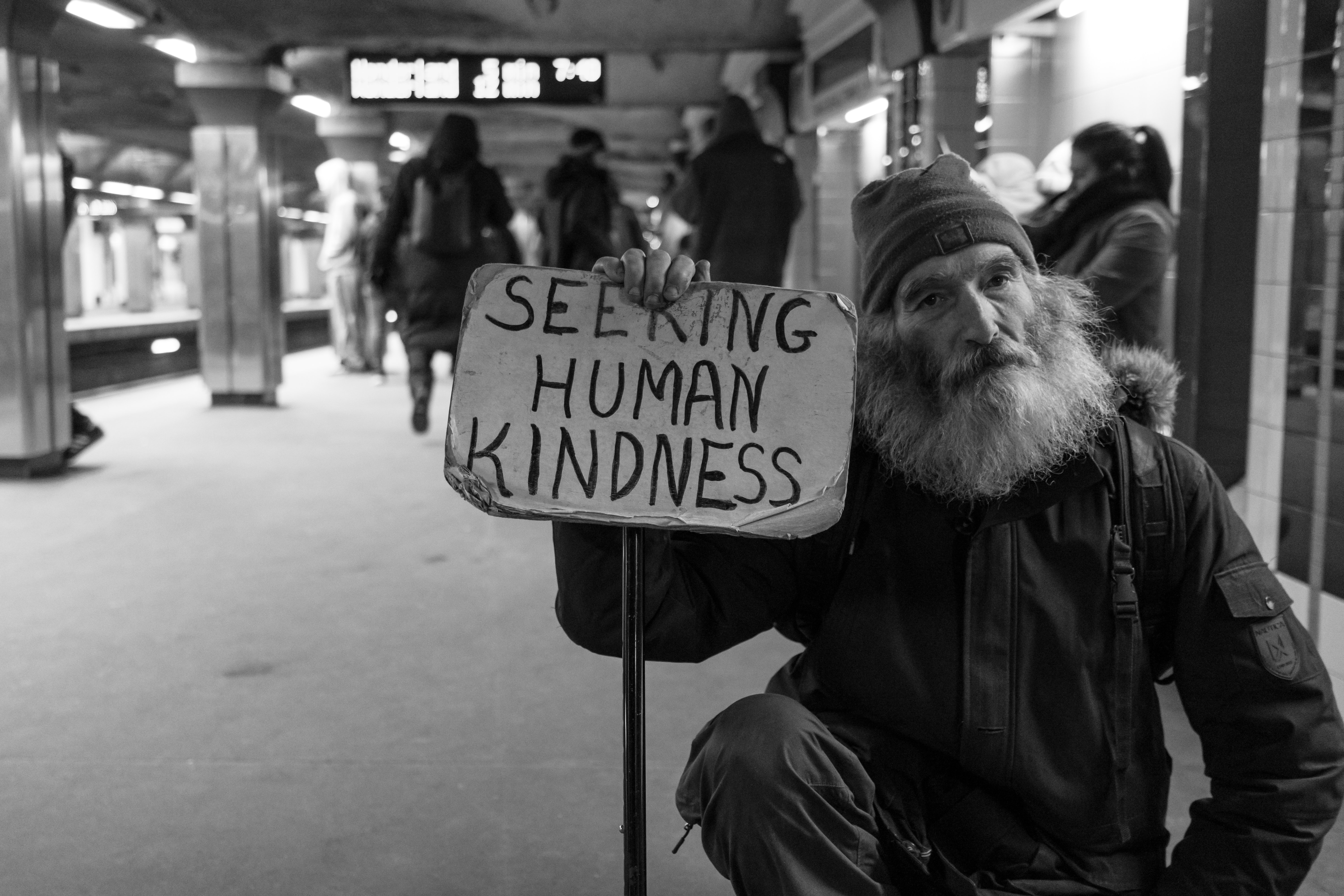
Theologian and Nobel Laureate Albert Schweitzer wrote, “The purpose of human life is to serve, and to show compassion and the will to help others.” But what is compassion? Why is it so important? Why is it so lacking? What can we do to show more of it?
In the past, I used to think the words ‘sympathy,’ ‘empathy,’ and ‘compassion’ were interchangeable. I recently learned that while the words are related, they are uniquely different. The Chopra Center describes ‘sympathy’ as understanding what someone is going through. It’s that sense of sadness or pain when you hear about someone else’s troubles. ‘Empathy’ takes sympathy one step further. It is viscerally feeling what another person feels. It is immersing yourself to more fully experience and understand what that other person is going through. ‘Compassion’ takes both sympathy and empathy yet another step further. It is recognizing someone else’s pain, feeling that pain, and then actively doing something to alleviate that pain.
The key to compassion is action. Without action, there is no compassion, there is only thinking and feeling which are tantamount to – you guessed it – thoughts and prayers. Activating compassion in your life is the key to healing not only those around you, but your inner self as well.
Sometimes we put limits on our own capacity for extraordinary compassion. We convince ourselves we’re too busy, we’ve got our own families, we can’t solve all the world’s problems, and so on. Instead of overwhelming yourself, try stepping into an act of compassion just once a week, then perhaps every other day, then perhaps every day. Remember, the key is not just thinking, it’s not just feeling, it’s actively doing something to help alleviate the pain or suffering of another person. Soon, your seed of compassion will bloom and grow into a garden of love that you helped to sow. And you know what? Soon you’ll think better of yourself, and you’ll feel better about yourself, because you acted better for someone else.


